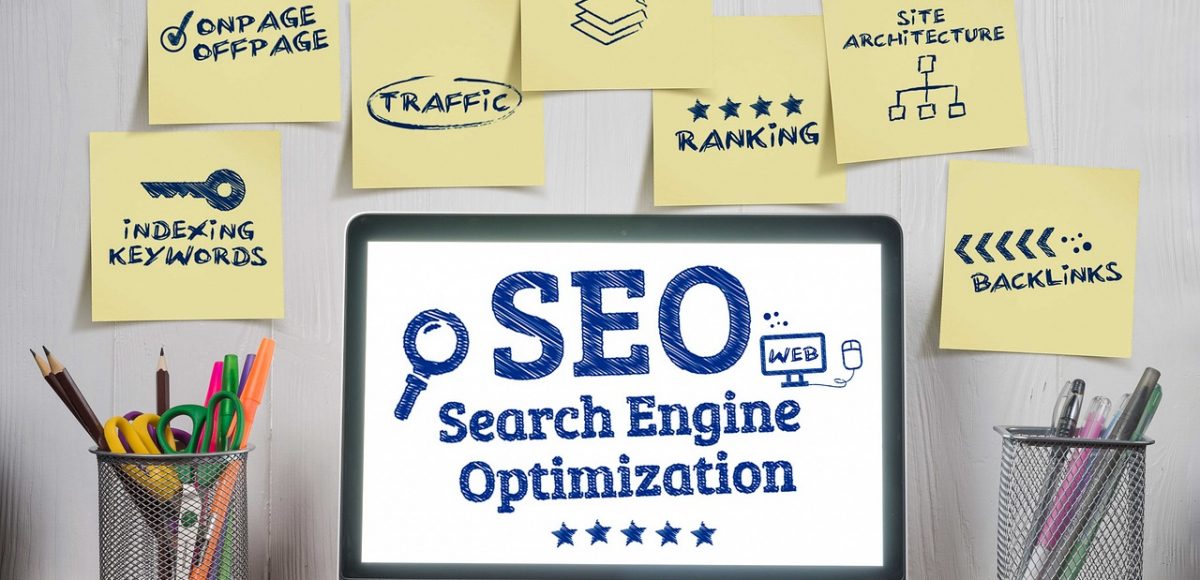
SEO in 2024: Top Trends and Tips
Search Engine Optimization (SEO) remains an important part of digital marketing, driving organic traffic and increasing online exposure. As search engines have evolved, so have search engine optimization (SEO) practices. In 2024, this means being at the forefront of adapting to new trends and improving your strategies. This definitive guide to SEO in 2024 will explore the latest trends and provide practical advice to help your website climb the search engine rankings.
1. Voice Search Optimization
Voice search continues to grow in popularity as the use of smart speakers and voice assistants like Siri, Alexa and Google Assistant continues to grow. Optimizing your content for voice search involves focusing on natural language and long-tail keywords. People tend to use more conversational queries when speaking than when writing. For example, instead of typing “Best Italian restaurant,” type “&” A user might ask, “What’s the best Italian restaurant near me?”
Tips:
- Use natural language and question-based keywords.
- Include concise answers and summaries for common questions.
- Optimize for local search queries, as many voice searches are location-based.
2. AI and Machine Learning
Artificial intelligence (AI) and machine learning are changing the way search engines rank content. RankBrain, Google’s artificial intelligence algorithm, evaluates user satisfaction metrics such as click-through rate and dwell time. It is crucial to create attractive and high-quality content that satisfies the user’s desire.
Tips:
- Focus on user intent and create content that fits their needs.
- Improve the user experience (UX) of the site to ensure fast loading and responsiveness on mobile devices.
- Use artificial intelligence tools to research keywords, create content and analyze data.
3. Mobile-First Indexing
Since most searches are now done on mobile devices, Google has implemented mobile indexing, which means it primarily uses the mobile version of the website for ranking and indexing. Making sure your website is mobile friendly is no longer an option – it’s a necessity.
Tips:
- Implement a responsive design that works on all screen sizes.
- Optimize images and reduce file sizes to improve load times.
- Test your site’s mobile-friendliness with tools like Google’s Mobile Optimization Test.
4. Core Web Vitals
 Core Web KPIs are a set of metrics that Google uses to evaluate a website’s user experience, focusing on load performance, interactivity, and visual stability. These metrics are now critical ranking factors.
Core Web KPIs are a set of metrics that Google uses to evaluate a website’s user experience, focusing on load performance, interactivity, and visual stability. These metrics are now critical ranking factors.
Tips:
- Improve page load times by optimizing images, leveraging browser caching, and minimizing JavaScript.
- Enhance interactivity by reducing server response times and optimizing your site’s code.
- Ensure visual stability by using proper size attributes for images and videos.
5. E-A-T: Expertise, Authoritativeness, Trustworthiness
Google’s E-A-T principles emphasize the importance of high-quality content created by experts. Demonstrating experience, authority and credibility is crucial to getting a good rating, especially in YMYL (Your Money or Your Life) areas such as healthcare, financial consulting and legal.
Tips:
- Create content written by or in collaboration with industry experts.
- Showcase author credentials and provide clear sources for information.
- Build a strong backlink profile with links from reputable websites.
6. Content Quality and Depth
Quality and depth of content Search engines increasingly penalize weak and poor quality content. In 2024, content that covers a topic comprehensively, deeply and accurately will perform better.
Tips:
- Do thorough research to create content that provides real value to your audience.
- Use a combination of text, images, videos and infographics to make your content more engaging.
- Update your content regularly to ensure it remains relevant and accurate.
7. Video SEO
Video Search Engine Optimization As video content continues to dominate, video search optimization is crucial. YouTube is the second largest search engine, making video SEO an important part of your strategy.
Tips:
- Optimize your video title, description and tags with relevant keywords.
- Create attractive thumbnails and use titles to improve accessibility.
- Embed the video on your website and promote it on social media platforms.
8. Local SEO
Local SEO is crucial for businesses that serve a specific geographic area. Local search optimization helps you reach nearby customers and improve your visibility in local search results.
Tips:
- Claim and optimize your Google My Business listing.
- Encourage satisfied customers to leave positive reviews.
- Make sure your name, address and phone number (NAP) match across all online platforms.
9. Structured Data and Rich Snippets
Structured Data and Rich Snippets Structured data can help search engines better understand your content and therefore get better search results through rich snippets. This can dramatically increase your click-through rate by providing extensions directly to your search results.
Tips:
- Use the outline tag to provide context to your content.
- Implement rich snippets for reviews, recipes, events, and other relevant content types.
- Monitor your structured data with Google’s rich results testing tool.
10. User Experience (UX) and Engagement
User Experience (UX) and Engagement User experience is increasingly important to SEO. Search engines prioritize websites that provide a pleasant and hassle-free user experience. Engagement metrics like time on page, bounce rate, and pages per session are key metrics.
Tips:
- Improve navigation and site structure to make information easier to access.
- Improve readability by using clear headings, bullets, and short paragraphs.
- Use interactive elements such as quizzes, polls and surveys to keep users engaged.
Conclusion
SEO in 2024 is about adapting to the ever-changing digital landscape. By focusing on optimizing voice search, leveraging AI, prioritizing mobile indexing, and improving user experience, you can stay ahead of the competition. Use these trends and tips to ensure your digital marketing efforts drive organic traffic, improve search rankings, and ultimately grow your business. Remember that SEO is an ongoing process: constantly monitor, analyze and improve your strategies to maintain and improve your search engine performance.

